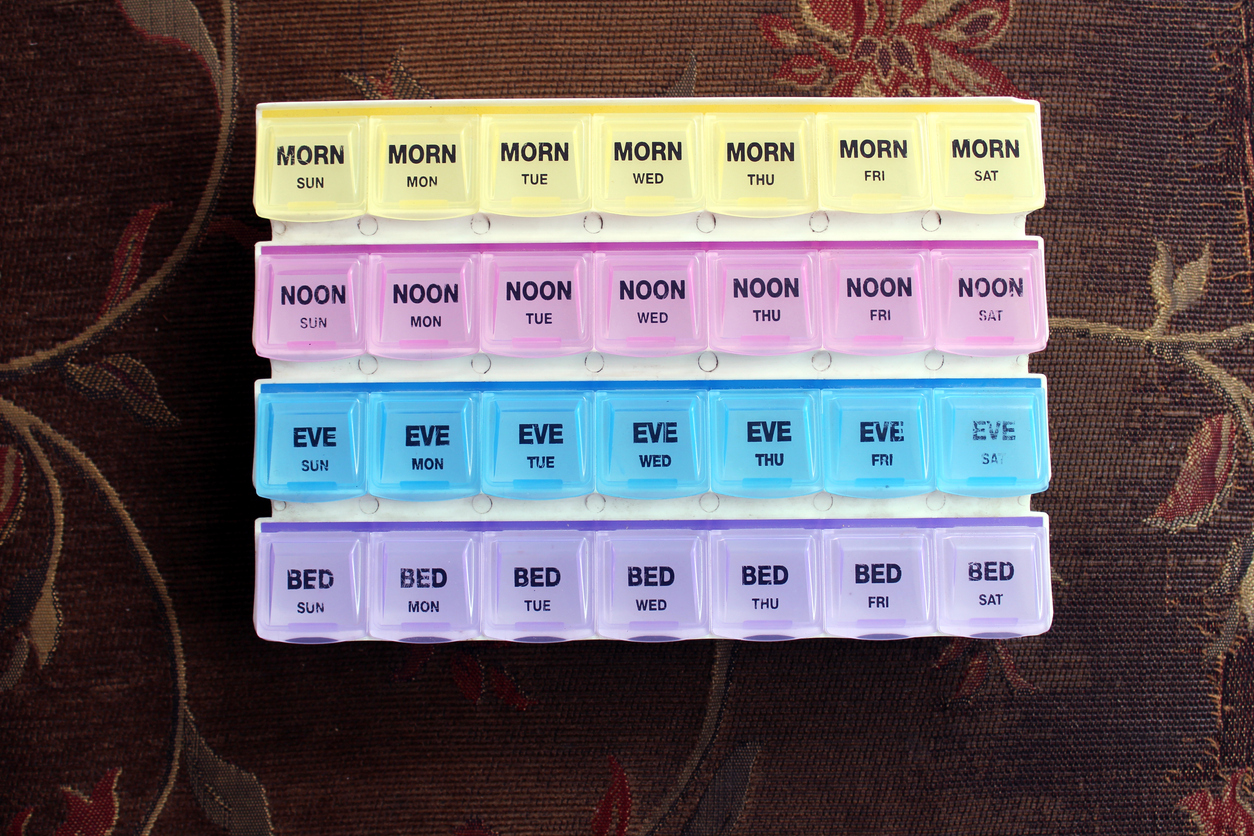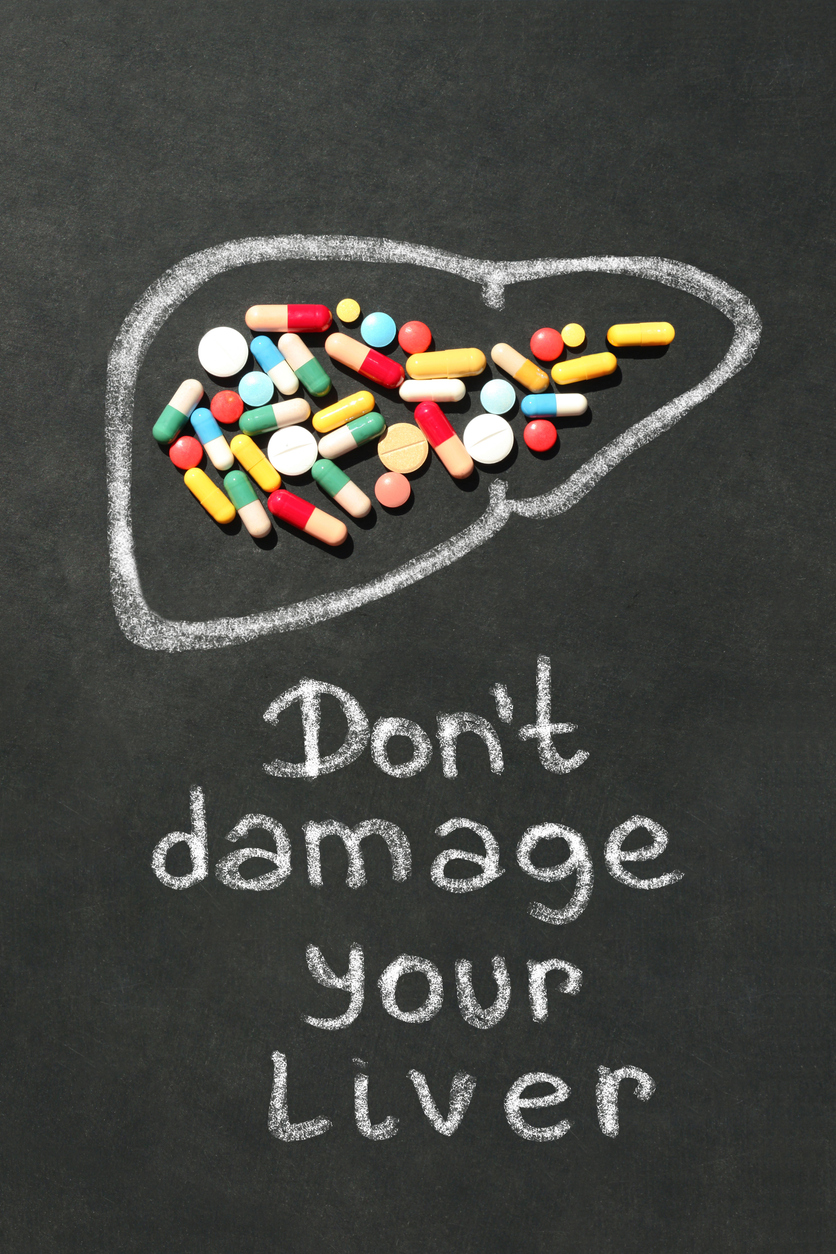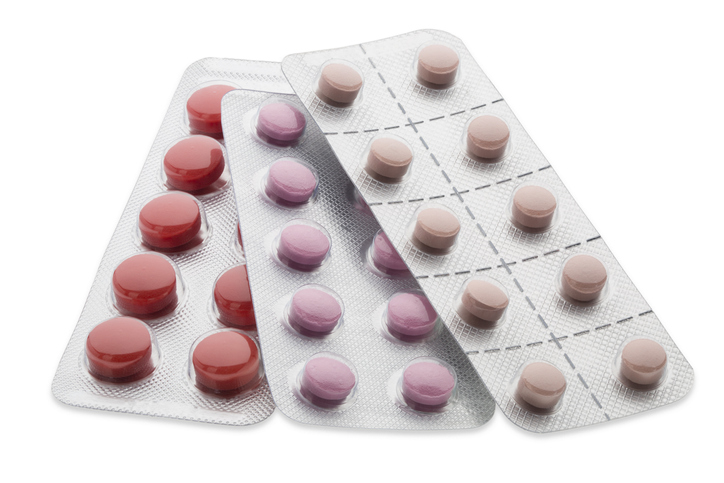Living with Chronic Pain
Assistive Devices for Medication Management and Safety

2 people found this helpful
Print
Share
Save
Managing medications, or taking them as directed, is crucial to control chronic conditions, ensure safe medicine use, and improve overall health and well-being. A medication can be easily skipped by believing it has already been taken or becoming distracted during the time of the scheduled dose. Additionally, medications may be doubled if the initial dose taken is forgotten.
Several devices are available to help ensure medications are safely taken in the correct dosages and at the correct times. These devices include the following:
- Pillboxes – Pillboxes are medicine organizers with a compartment for each day of the week. Each compartment is filled with the correct daily medications, making it easier to determine if it has been taken. Larger pillboxes have two or more compartments for each day. They are helpful when taking medications at different times of the day, such as in the morning, at noon, and before bed. Care should be used to ensure that the correct medicine and number of pills are placed in the appropriate compartment. The schedule of controlled medications should always be kept in the original container.
- Smartphone applications – Several smartphone applications are available to help with medication management and safety, including PainScale’s Medicine Cabinet. Apps can send reminders when the time arrives to take medicine, or allow recording of the date and time a certain medication has been taken. Some applications will also send a reminder when it is time for a refill.
- “Bottle last opened” cap – Advanced pill bottle caps can show the last day and time a bottle was opened. They resemble regular medicine bottle tops, but with the addition of a timer. Typically, they easily affix to normal pill bottles. If a person does not remember taking their medication, they can simply check the cap.
- Single-dose packets – Many pharmacies will organize medications into pre-dated, single-dose, blister packs. This allows an individual to only take the medications in the blister pack on any given day. This option may be best for medications and dosages that do not frequently change.
- Automatic pill dispensers – Automatic pill dispensers use a timer to help with medication management. They can dispense the correct medications at the correct times, and may lock between scheduled doses as a safety measure. Many models have a reminder alarm when it is time to take the medication. Some pill dispensers also have a cellular connection feature that sends a text message or email to a family member, caregiver, pharmacist, or other medical professional if a dose is missed.















